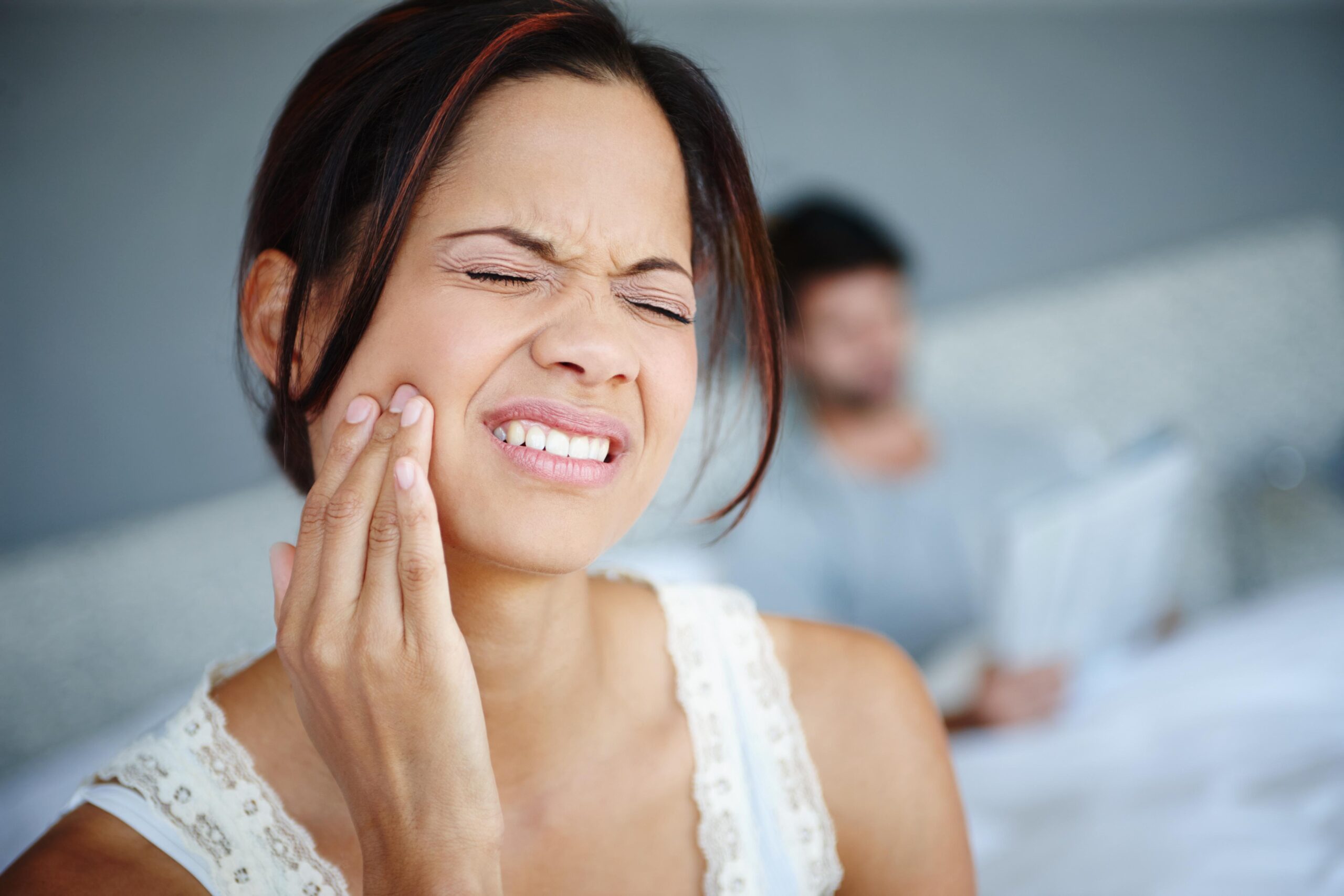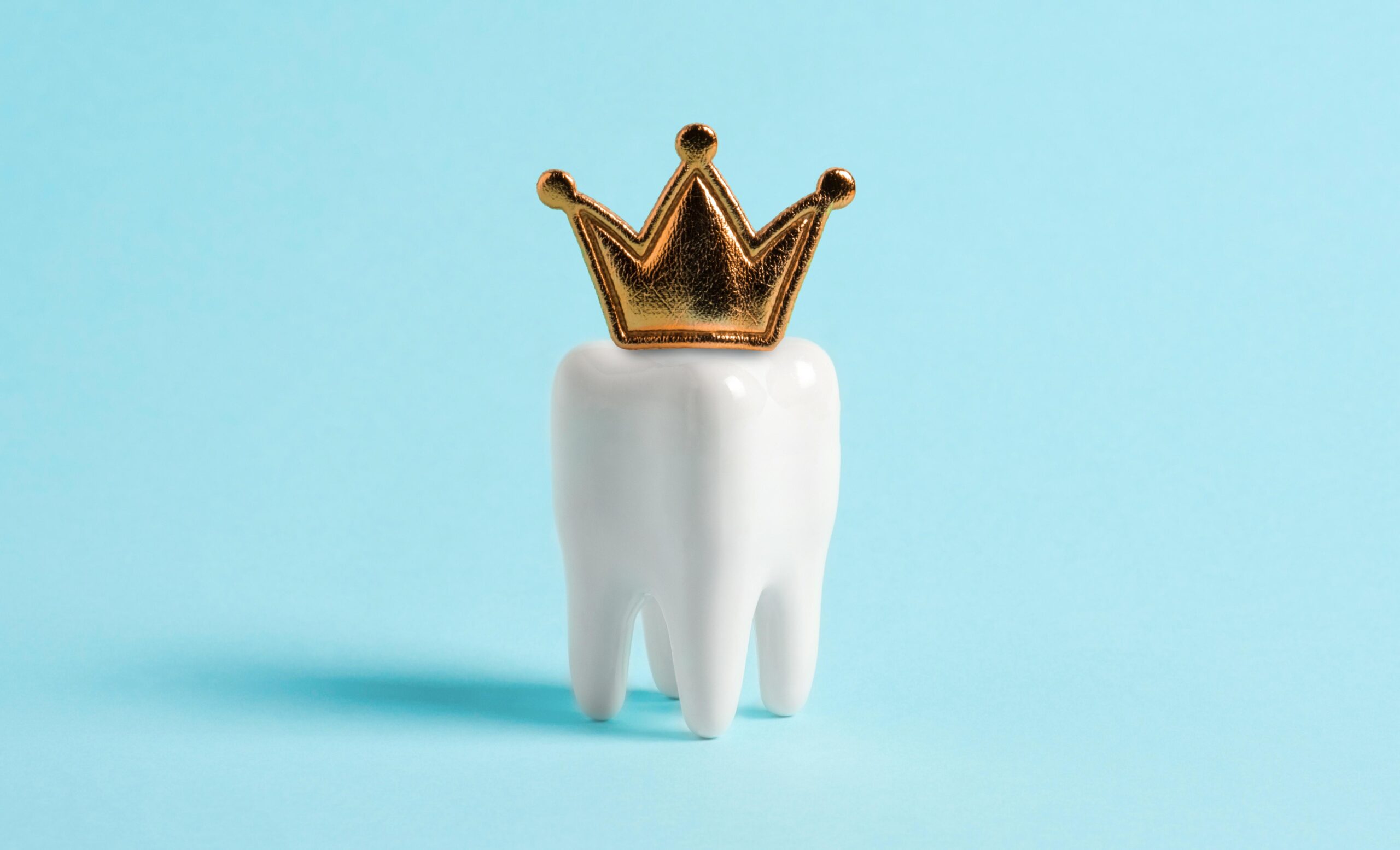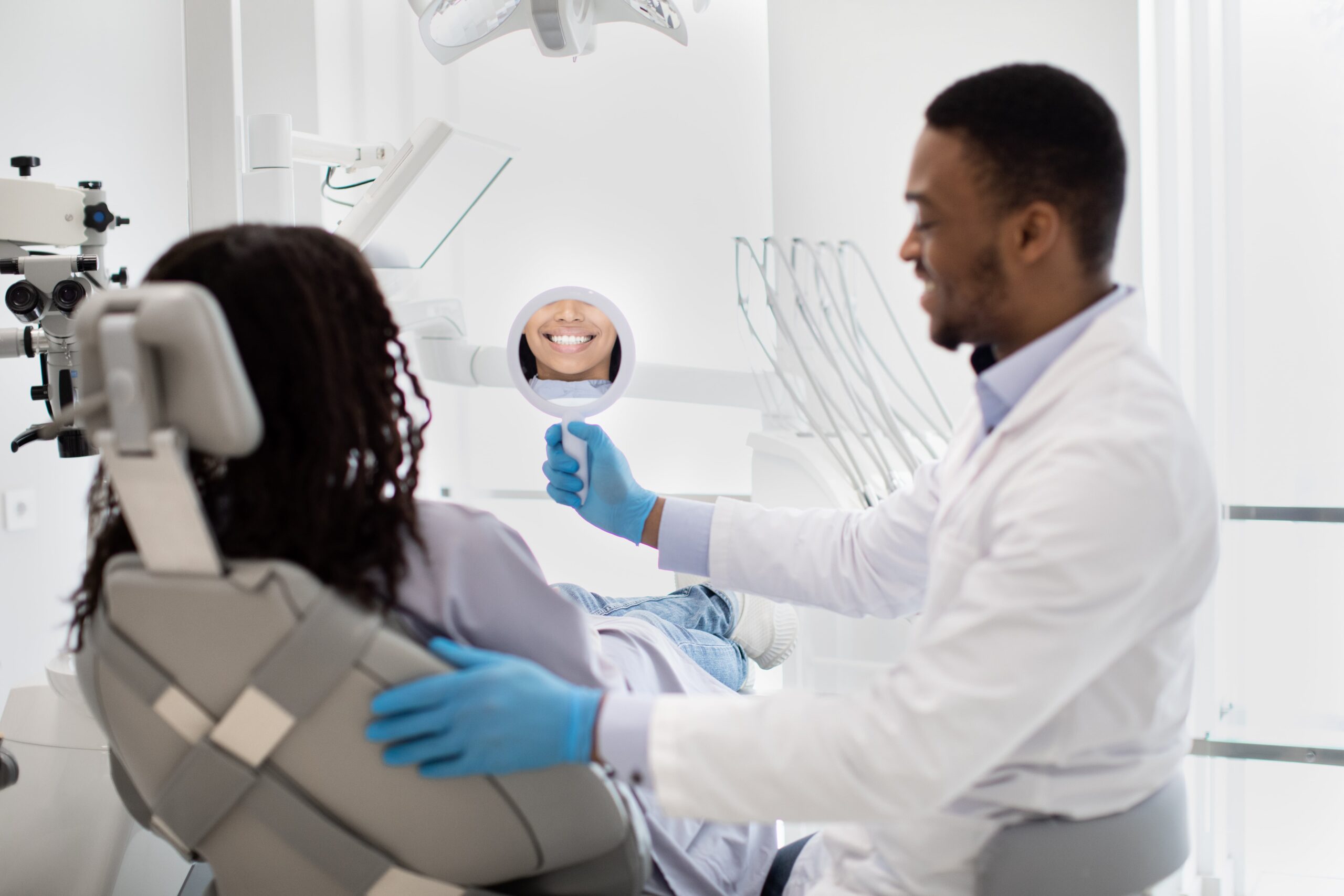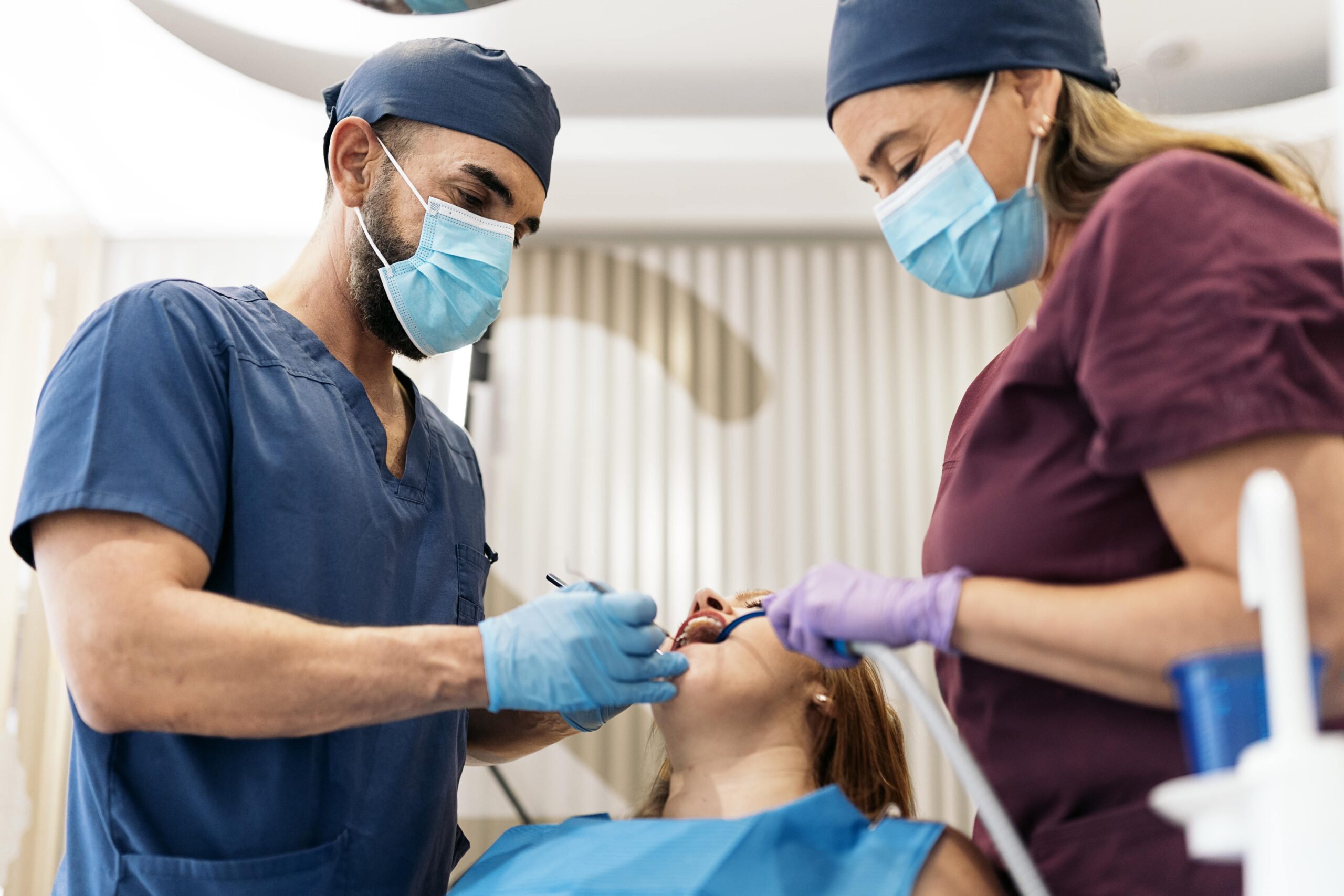A PATIENT’S GUIDE TO BRUXISM
Posted on Feb 20, 2015
You follow a consistent oral hygiene routine of brushing twice a day, flossing once a day, and seeing your dentist twice a year. These steps can help to keep your teeth healthy, but did you know that you still could be harming them while you sleep? Bruxism in Belmont is a significant dental health problem, and it affects millions of people across the nation. With the help of a dentist, however, affected individuals can get their bruxism under control and safeguard their teeth from further damage.
You follow a consistent oral hygiene routine of brushing twice a day, flossing once a day, and seeing your dentist twice a year. These steps can help to keep your teeth healthy, but did you know that you still could be harming them while you sleep? Bruxism in Belmont is a significant dental health problem, and it affects millions of people across the nation. With the help of a dentist, however, affected individuals can get their bruxism under control and safeguard their teeth from further damage.
Warning Signs
Bruxism occurs when the teeth clench together or grind against each other. Though some people might exhibit these tendencies during the day, they often occur at night, making it difficult for sufferers to recognize the problem. However, bruxism often produces several warning signs that can alert individuals to their condition. The strain that clenching and grinding can cause often results in facial soreness, jaw stiffness, and head pain. Dentists note that bruxism also wears away tooth enamel, causing teeth to become progressively weaker. Sufferers might notice tooth cracks or chips, and if they have cosmetic work such as porcelain veneers, their habit might damage these devices as well.
Bruxism occurs when the teeth clench together or grind against each other. Though some people might exhibit these tendencies during the day, they often occur at night, making it difficult for sufferers to recognize the problem. However, bruxism often produces several warning signs that can alert individuals to their condition. The strain that clenching and grinding can cause often results in facial soreness, jaw stiffness, and head pain. Dentists note that bruxism also wears away tooth enamel, causing teeth to become progressively weaker. Sufferers might notice tooth cracks or chips, and if they have cosmetic work such as porcelain veneers, their habit might damage these devices as well.
Causes
Dentists are still looking into the reasons why some patients have bruxism. Many dental professionals believe that this condition surfaces as the result of chronic stress. Poor eating and sleeping habits might likewise contribute to the problem. Existing bite issues may also aggravate bruxism in some individuals.
Dentists are still looking into the reasons why some patients have bruxism. Many dental professionals believe that this condition surfaces as the result of chronic stress. Poor eating and sleeping habits might likewise contribute to the problem. Existing bite issues may also aggravate bruxism in some individuals.
Prevention Strategies
Diagnosis of the problem is the first step toward stopping the effects of bruxism. Dentists can often detect enamel erosion, a common symptom of this condition. However, individuals who experience recurrent facial or jaw pain may want to seek a consultation with their dentist for an evaluation of their teeth. Unexplained dental injuries such as cracks and chips might also warrant a trip to the dentist. If bruxism is detected, a dentist can recommend several treatment strategies. A mouthguard can provide immediate protection from nighttime grinding and clenching. Botox injections can also relax the muscles that control these movements.
Diagnosis of the problem is the first step toward stopping the effects of bruxism. Dentists can often detect enamel erosion, a common symptom of this condition. However, individuals who experience recurrent facial or jaw pain may want to seek a consultation with their dentist for an evaluation of their teeth. Unexplained dental injuries such as cracks and chips might also warrant a trip to the dentist. If bruxism is detected, a dentist can recommend several treatment strategies. A mouthguard can provide immediate protection from nighttime grinding and clenching. Botox injections can also relax the muscles that control these movements.







